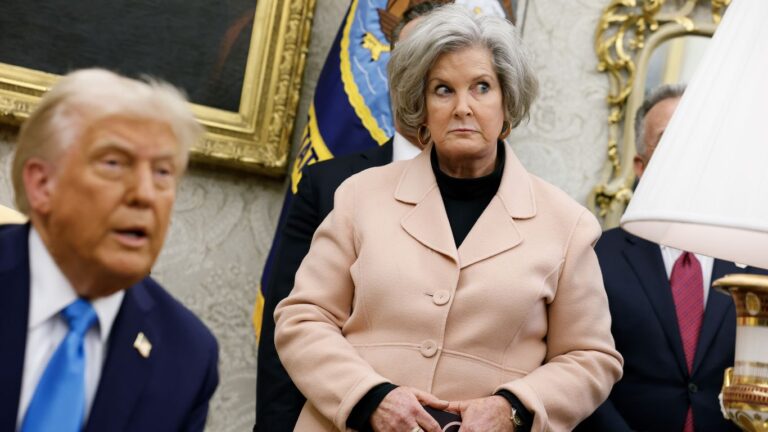Senate Republican leaders are actively discussing a proposal to expand the enhanced Federal Medical Assistance Percentage (FMAP) matching rate to five states, including Alaska and Hawaii. This strategic move aims to secure the crucial vote of Sen. Lisa Murkowski (R-Alaska) by gaining the approval of the Senate parliamentarian. The proposal could significantly impact Medicaid funding, potentially providing Alaska with an additional $3 billion.
The plan involves extending the enhanced FMAP rate to North Dakota, South Dakota, and Wyoming, alongside Alaska and Hawaii. According to a Senate source familiar with the discussions, the formula for federal assistance would be recalculated based on states’ population density. This adjustment is intended to meet the criteria set by Senate Parliamentarian Elizabeth MacDonough, whose approval is essential for the proposal’s advancement.
Background and Legislative Context
This development follows a recent setback in which the parliamentarian rejected a section of the bill aimed at providing an enhanced federal matching rate for Alaska and Hawaii, the two states with the highest separate poverty guidelines. The current FMAP rates, which are calculated based solely on per-capita income, have been criticized for not accounting for the unique economic challenges faced by these states.
Sen. Dan Sullivan (R-Alaska) has been a vocal advocate for revising the FMAP formula. He argues that the existing methodology fails to reflect the high cost of living and healthcare delivery in Alaska. “The way in which the FMAP is calculated doesn’t make any sense,” Sullivan stated. “It’s a pure per-capita-income formula. That’s it. So if your state has a high per-capita income, you have a very low FMAP, even if you have a super high cost of living, even if you have super duper high costs of health care delivery — which we have the highest in the country — none of that is reflected in the FMAP formulas.”
Political Implications and Challenges
The proposal to increase federal Medicaid payments in select states may face resistance from conservative lawmakers. Senators Rick Scott (R-Fla.), Ron Johnson (R-Wis.), and Mike Lee (R-Utah) are advocating for amendments aimed at achieving greater Medicaid savings. Their opposition underscores the ongoing debate within the Republican Party regarding fiscal responsibility and social welfare programs.
Meanwhile, Republican leaders have also proposed arguments to the Senate parliamentarian for granting Alaska and Hawaii waivers on Supplemental Nutrition Assistance Program (SNAP) cost-sharing requirements. These waivers would be contingent on the states demonstrating progress in reducing error rates in food assistance delivery.
Expert Opinions and Future Outlook
Policy experts suggest that the recalibration of the FMAP formula could set a precedent for other states with unique economic conditions. “Adjusting the FMAP to consider factors beyond per-capita income could lead to a more equitable distribution of federal resources,” said Dr. Emily Thompson, a healthcare policy analyst. “However, it also raises questions about the balance between federal oversight and state-specific needs.”
As negotiations continue, the outcome of this proposal could have lasting implications for Medicaid funding across the United States. If successful, the recalibrated FMAP could provide much-needed financial relief to states like Alaska, where healthcare costs are disproportionately high.
The move represents a strategic effort by GOP leaders to secure critical votes while addressing longstanding concerns about the fairness and effectiveness of federal assistance programs. As the Senate prepares for further discussions, the proposal’s fate remains uncertain, with potential ramifications for both state and federal healthcare policies.






















